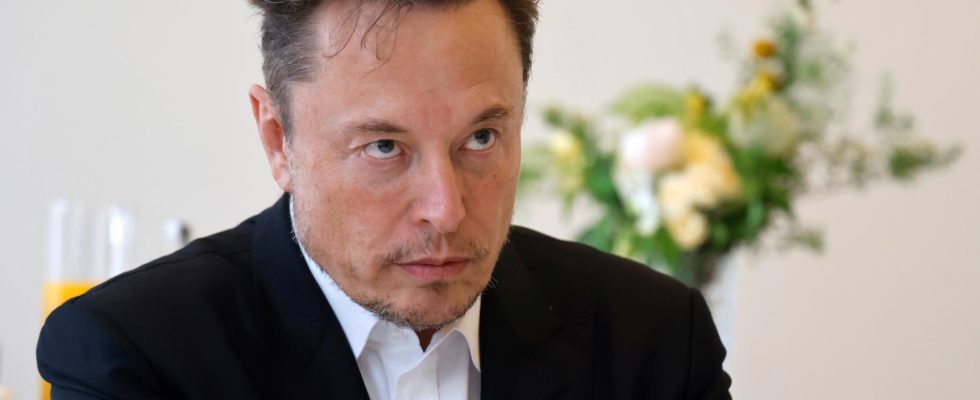Now it will be easier to say no to Elon Musk. A new law means that companies like X, formerly Twitter, must do more of what users want. Otherwise, they get the EU.
Recently, the EU law DSA (digital services act) began to apply to 19 large tech companies. Actually, the law has been in effect since November last year, but in practice the time until now has been filled with talks between the EU and several large companies. Companies that a couple of months ago agreed to classify themselves as very large, at least 45 million active users every month.
In total, there are now 19 companies, including Elon Musk’s X, Tiktok, Apple, Facebook and Google that need to start following the rules.
Changes
The biggest changes with DSA are, among other things, that users get the option to turn off “recommendations” from the services and instead get as neutral a flow as possible. For example, it should be possible to get a “news list” based on what one’s friends have posted in chronological order.
DSA also targets illegal content and flagging such content will now be easier on all the major platforms.
With the DSA, users also have the right to find out why something they posted has been taken down by the platform. Companies that do not comply with the rules can be charged a maximum of 6 percent of their global turnover, or be banned in the EU.
Future
DSA is not the only law that the EU is grinding on to gain greater control over the so-called tech giants. The DMA (digital market act) is another law that regulates the competition between companies in the tech area, think competitors to Google and Apple who also want an app store. At the beginning of September, the EU will identify who are the “gatekeepers” there, similar to the 19 companies that were identified when it came to DSA.
The EU is also working to achieve more comprehensive legislation on artificial intelligence than the current regulations. The ambition there is to have something ready before the end of the year.
FACTS 19 companies
The European Commission has listed 19 internet giants as large enough to be covered by the heaviest requirements in the Data Services Act, DSA.
17 of them are classified as VLOP – Very large online platforms: Alibaba Ali Express, Amazon Marketplace, Apple App Store, Booking.com, Facebook, Google Play, Google Maps, Google Shopping, Instagram, Linked In, Pinterest, Snapchat, Tik Tok, Twitter, Wikipedia, YouTube and Zalando.
2 of them are classified as VLOSE – Very large online search engines: Bing and Google Search.
More companies may be added to the list. For example, votes have been raised that the company behind the porn site Pornhub should be covered by the EU regulations.
Read moreFACTSNew digital laws in the EU
In December 2020, the European Commission presented proposals for two new digital laws: on digital services (DSA) and digital markets (DMA).
Simplified, DSA can be compared to the rules of the game for what happens on the digital platforms, while DMA is seen as a set of rules for how the largest platforms compete with other smaller players in their specific area.
The DSA includes stricter requirements for platforms to act against illegal content and also the handling of illegal goods. Digital coordinators in the member states are given a monitoring role to ensure that the platforms act.
DSA initially applies to 19 large tech companies from August 25. From the turn of the year, this applies to all “digital companies”. At the beginning of September, the EU announces which major companies are initially covered by the DMA.
The EU is also working on creating new legislation around artificial intelligence, the goal is to have something ready before the end of the year.
Read more
